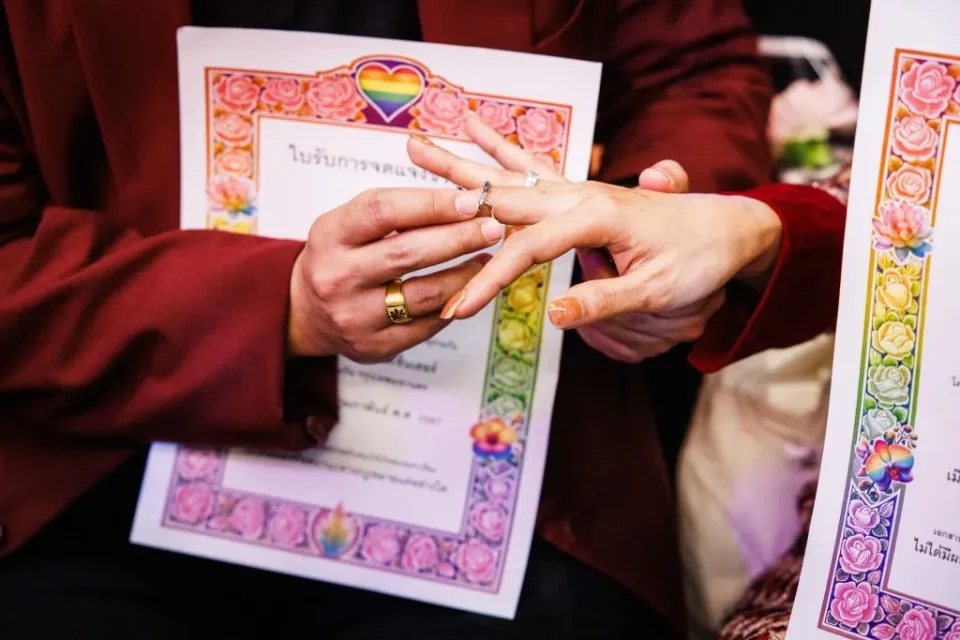The Marriage Equality Bill is anticipated to pass its final Senate vote this month, potentially making Thailand the first Southeast Asian country to endorse gender equality through legislation. Prime Minister Srettha Thavisin has expressed the government’s commitment to assuring LGBTQ+ communities that Thailand is a secure and hospitable destination for all.
The bill, formally titled the Marriage Equality Bill or the Civil and Commercial Code Amendment Bill, seeks to amend marriage laws to grant same-sex couples identical rights to heterosexual couples. The journey towards this legislation began in 2001 when Interior Minister Purachai Piamsomboon first proposed a law supporting same-sex marriage, but faced resistance from then-Prime Minister Thaksin Shinawatra and others.
The bill resurfaced during Gen Prayut Chan-o-cha’s administration in 2019 as a civil partnership bill, gaining momentum until the House of Representatives approved versions in 2022, which were later dropped due to parliamentary dissolution. In December of the following year, the lower house passed four marriage equality bills, with the cabinet’s proposal serving as the basis. On March 27, the House passed the definitive Marriage Equality Bill.
Key aspects of the law include equal rights, obligations, and family status for married same-sex couples, including adoption rights, asset management, inheritance, divorce, and state welfare entitlements. The bill employs gender-neutral language such as “two individuals” instead of “a man and a woman,” and changes legal statuses from “husband and wife” to “spouses.”
Presently, the bill has undergone its first Senate reading and is under review by a 27-member committee, including senators, civil society representatives, and ministers. A final Senate vote is anticipated on June 18. If rejected, the lower house may initiate another round of voting to pass the bill without Senate approval. Upon parliamentary approval and royal endorsement, the law is expected to take effect 120 days after publication in the Royal Gazette.
The enactment of this law is poised to foster better societal understanding, bolster family institutions, empower LGBTQ+ children and families, ensure legal protections, and affirm Thailand’s stance as a supporter of LGBTQ+ rights globally. However, there are ongoing discussions to refine certain sections of the bill, such as inclusive language for guardianship and addressing gender identity issues for transgender individuals.




